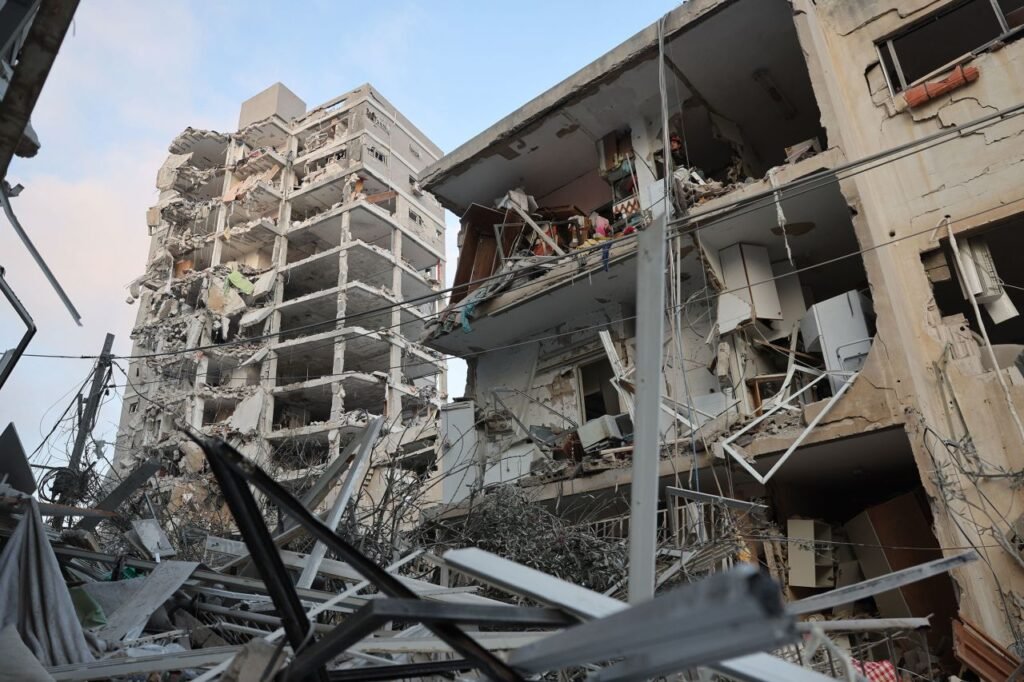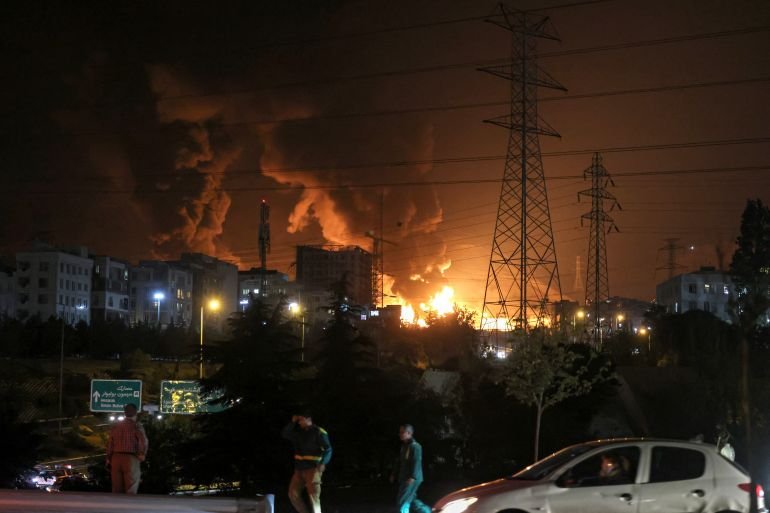Pakistan on Saturday came out in support of Iran after Israel launched a series of blistering attacks on the Middle Eastern country’s nuclear program and its armed forces.

Pakistan’s defence minister, Khawaja Asif, said that all Muslim countries must unite against “Israeli aggression”, according to Dunya News. Follow LIVE updates here.
“In this time of trial, we stand by Iran in every way. We will protect Iranian interests. Iranians are our brothers, and their grief and pain are shared,” Asif said.
Asif said that Israel is targeting not just Iran, but also Yemen and Palestine, adding that unity in the Muslim world is crucial. “If we remain silent and disunited today, then everyone will be targeted eventually,” he said.
Also Read | How Israeli airstrikes landed a heavy blow on Iran’s nuclear ambitions
Asif also demanded that a meeting of the Organisation of Islamic Cooperation (OIC) should be called on Israel’s move against Iran, reported
He further said that non-Muslim populations in the West are protesting against Israel. “Their conscience has awakened—unlike the Muslim world,” he said, according to Dunya News.
Israel’s attack on Iran
Israel on Friday launched strikes targeting Iran’s nuclear and military facilities, reportedly killing several Iranian generals and much of the senior leadership of the Revolutionary Guards’ aerospace division. According to Iran’s UN ambassador, the attacks killed 78 people and wounded more than 320.
Also Read | Israel, Iran exchanging blows brings Middle East on edge of war: Here’s what is happening
In retaliation, Iran fired a barrage of missiles at Israel the following night, significantly escalating regional tensions.
Israel said dozens of missiles were launched toward Tel Aviv and other cities on Saturday night. Air raid sirens sounded across Israel as the military urged residents to take shelter. While many missiles were intercepted, some breached Israel’s air defenses, causing damage in parts of the country.
Israel has defended its actions, claiming intelligence indicated Iran’s nuclear programme was nearing the “point of no return.”






